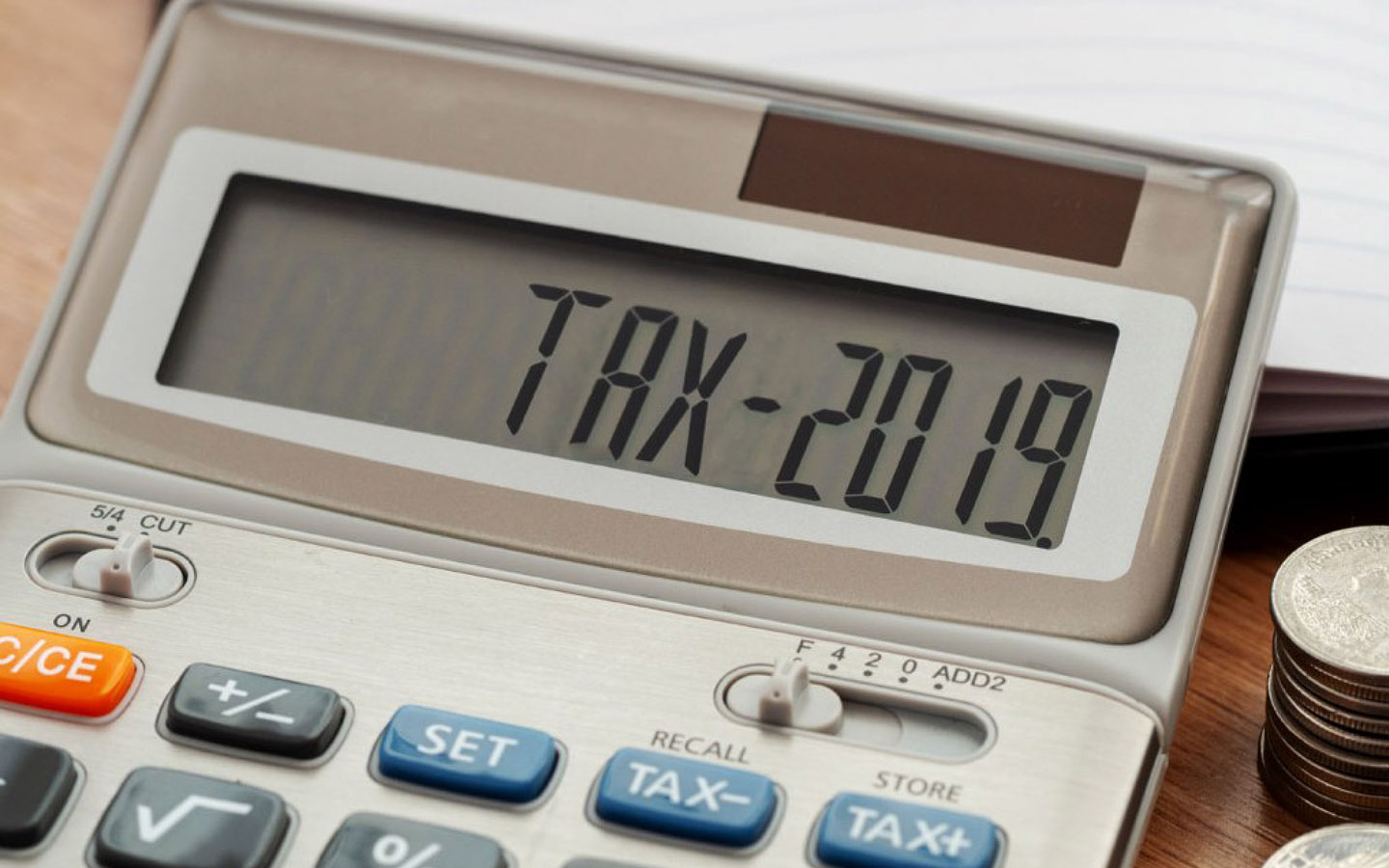Home » Real Estate Trends » How to Sell Property in Pakistan: A Step-By-Step Guide
IN THIS POST
- Preliminary research
- Agent’s commission
- Token money
- Initial deposit
- No-Demand Certificate (NDC)
- Taxes
- Transfer letter
Selling property is always easier than buying – or so it seems. Property sellers usually do not have to pay different kinds of taxes and visit multiple clients because interested parties, more often than not, come to them. However, this does not mean the process is simple. It may be more straightforward than purchasing, but it is certainly no easy feat. In this piece, we will be covering everything there is to know about how to sell property in Pakistan.
HOW TO SELL PROPERTY IN PAKISTAN

The property selling process in Pakistan is somewhat the same across all housing societies, with minor prerequisites set by individual developers. The question most people ask is how to transfer property ownership in Pakistan. The transfer process takes place in the office of the city’s land development authority. For projects that belong to private and registered developers, the transfer takes place in their office.
There are a few things to keep in mind when you are selling property in Pakistan. Let us explore all of them one by one in greater detail.
PRELIMINARY RESEARCH AND FINDING AN AGENT
When you decide to put your house on the market, it is advisable to explore the market rate of the property on your own instead of depending on the agent. Knowing the worth of your property in the market will help you set the right price. This practice is beneficial for both the buyer and seller. When you make up your mind about selling your property, do a counter-check from other sources to get accurate market rates. This part requires a lot of effort on your part, but it pays off in the long run.
After you are well aware of the market value of your property, you should find a real estate agent. As much as you are tempted to sell your property without involving the agent, finding the right agent is the key to striking a profitable deal. It is also one of the fastest ways to sell your property in Pakistan. It saves you from the trouble of going through all the processes on your own as the real estate agent will handle the painstaking processes himself.
Alternatively, you can learn how to sell property online in Pakistan and advertise your house on Zameen.com.
AGENT’S COMMISSION
Agents work on a commission basis, which is usually one percent. At times, they are willing to adjust the commission percentage according to the rate at which a deal is closed, but this is rare. Either way, you should sit down with the agent and finalise the commission percentage, as well as when it will be paid, beforehand.
In most cases, the commission is paid when you receive the full payment. Sometimes, it is decided mutually that a certain percentage of commission will be given to the agent once the buyer pays the initial deposit (bayana). Just make sure all these terms are discussed well in advance to avoid complications.
TOKEN MONEY

There are a few stages of selling your house. Once you find the right buyer, he has to give you token money. This is an amount that shows the buyer’s intent in purchasing the property. In a way, it also reserves that property for the payer. Once the token money is paid, you can give the prospective buyer a photocopy of the property’s original documents for verification purposes.
Here’s how this works: If the land falls in the jurisdiction of the land development authority, you have to submit an application requesting a visit to get these documents verified for the buyer. In turn, officials of the land authority will ask you and the buyer to visit on a certain day. On that day, in your presence, the buyer will be shown the records that authenticate the property.
If you are not sure about the terms Token and Bayana, you can check out our blog which covers all the details about both of these terms.
INITIAL DEPOSIT
When you sell property in Pakistan, remember you have to pay the initial deposit. Once the documents are verified, the buyer pays a certain amount of money as an initial deposit, widely known as the bayana. Usually, the deposit is 25% of the property’s selling price. The stamp paper is also signed at this stage, with conditions set through mutual consent. The stamp paper clarifies the time period in which the buyer will make the remaining payment and also the penalties will be defined if he fails to do so.
If you change your mind about letting go of this property after receiving bayana, you are bound by law to return double the bayana amount as a penalty. This, too, is mentioned on the stamp paper.
NO-DEMAND CERTIFICATE (NDC)
The next step in our guide on how to sell property in Pakistan is applying for the No-Demand Certificate (NDC) before the date of the final payment.
The transfer of property is simply not possible without this certificate, which is obtained from the private housing society’s office or from the city’s land development authority, depending on where your house or land is located.
This document certifies that you don’t owe any dues. It also includes information about taxes applicable to both the buyer and the seller, as well as the transfer fee and stamp duty. There is a certain charge associated with applying for an NDC, which is different for different developers. Once you receive your NDC, make sure you give a copy to the buyer.
TAXES

Being a property seller you should know everything about property taxes in Pakistan. Sellers are required to pay the CGT (Capital Gain Tax), which is 1% of the property value for the tax filer and 2% for the non-filer. The CGT is applied on properties that are sold within two years from their purchase date. This tax payment has to be submitted to the office of the housing society or the land development authority. On the other hand, the buyer has to pay the following charges before the property can be handed over.
- Transfer fee
- Stamp duty
- CVT
- TMA Tax
TRANSFER LETTER
The property transfer procedure in Pakistan is considered very important, therefore the presence of both the buyers and sellers is very crucial.
The two parties visit the respective office on a particular day and the buyer hands over the payment in the form of a pay order, after which the officer transfers the property to his or her name and issues a letter detailing this transaction.
Both parties then see the local registrar of the property, where the seller acknowledges amidst witnesses, and the buyer, that he has sold the property on mutually agreed terms. The registrar then asks the land development authority to make necessary changes and transfers the title of the property to the seller.
And then your property is no longer yours. The pay order is often transferred into your account within a couple of days. Make sure to keep a check on your bank while the payment is pending. Remember, constant vigilance is of vital importance while dealing with property. Real estate scams are, unfortunately, common, but we can help you out with that as well.






